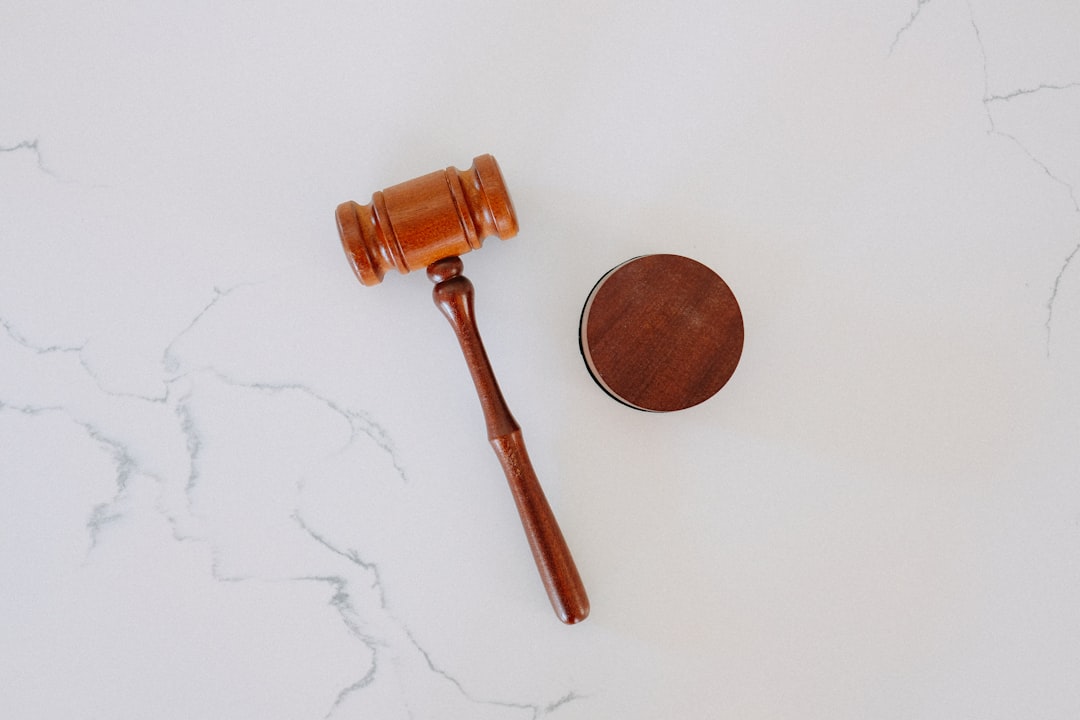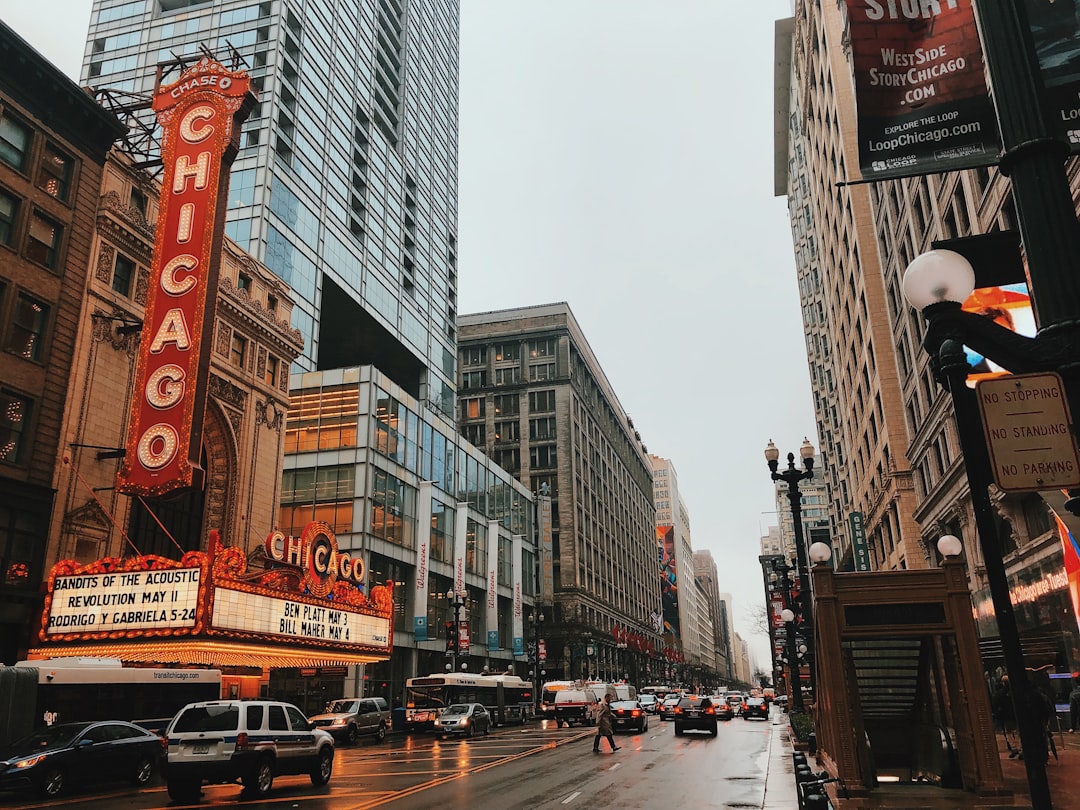In Illinois, addressing school sexual abuse is crucial for ensuring victims’ rights and justice. This article guides you through the complex landscape of legal representation for these sensitive cases. We explore Illinois’s laws surrounding school sexual abuse, emphasizing the importance of understanding your rights. Additionally, we provide practical steps to navigate legal options, including tips on finding a qualified school sexual abuse lawyer in Illinois. Discover what to expect during the process and empower yourself to seek justice.
Understanding School Sexual Abuse in Illinois: Rights and Laws

In Illinois, school sexual abuse is a serious concern with far-reaching legal implications. Victims of such abuse have specific rights and protections under state laws designed to hold perpetrators accountable and prevent further harm. A school sexual abuse lawyer in Illinois can guide survivors through this complex landscape, ensuring they understand their legal standing and available options.
Key laws, like the Sexual Assault Survival Act, empower victims to seek justice by setting deadlines for filing lawsuits and outlining the steps required to prove claims. Additionally, Illinois has strict policies regarding reporting and investigation of abuse within educational institutions, with penalties for non-compliance. These measures aim to create a safer environment and provide avenues for compensation and healing through legal representation from a school sexual abuse lawyer in Illinois.
Navigating Legal Options: Finding a School Sexual Abuse Lawyer in Illinois

The Process: What to Expect When Seeking Justice for Abuse Victims

When a person in Illinois becomes a victim of abuse, whether it be physical, emotional, or sexual, they deserve to have their voice heard and justice served. Seeking legal representation is a crucial step towards healing and ensuring accountability. The process begins with finding a qualified and experienced school sexual abuse lawyer Illinois who specializes in these sensitive cases.
Victims can expect an initial consultation where they will share their story and the lawyer will explain the legal options available, the potential outcomes, and the steps involved in the legal journey. This is also an opportunity for victims to ask questions and understand their rights. The next phase includes gathering evidence, interviewing witnesses, and constructing a strong case. Victims may need to provide documentation, medical records, or other relevant information to support their claims. Throughout this process, a dedicated lawyer will guide them, ensuring they feel supported and understood while navigating the complexities of the legal system.





